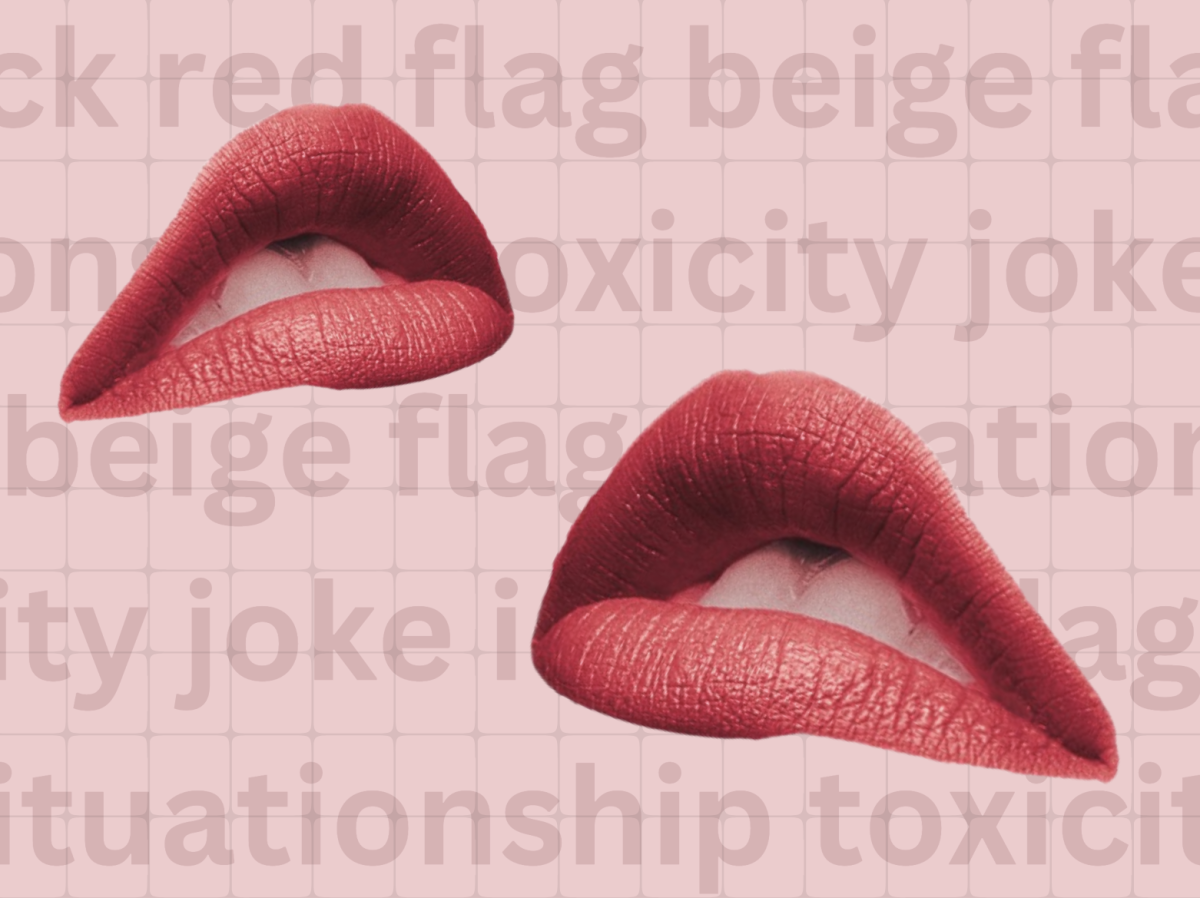Walking in Times Square alongside her friends, sophomore Ruchika Varanasi came across a street performer who was dancing boisterously, while also appearing to bother women in the crowd. Seeing this, she told her friends, “Oh, that just gave me the ick.” Looking back on the experience, Varanasi contemplates her use of the word ick and if it really was just a spur of the moment feeling of dislike or a genuine bad impression she had gotten about the man.
According to a survey of 119 MVHS students, 66% have used either the phrases ick or red flag before. Varanasi attributes the exponential increase in the use of these words to prevalent social media apps including Instagram and TikTok.
The first time senior Nishant Chatterjee saw the word ick was on Reddit, involving a highly upvoted post of a teen saying that he plays a myriad of video games and owns lots of plushies. However, someone else had commented on the post calling those behaviors an ick, making Chatterjee feel upset as someone who also enjoyed playing video games for long hours for leisure. He addresses a different perspective on the issue: with the overuse of these terms, many times, people end up miscategorizing serious situations by passing them off as icks or red flags.
“Red flags and icks are terms that simplify a bigger issue,” Chatterjee said. “People can and do use the term wrongly. So I feel like good education about these terms and proper usage of them will have positive effects.”
Varanasi agrees with Chatterjee’s perspective, alluding to influencer Tina Colada, who has a specially categorized playlist on her YouTube channel titled “ICKS.” After scrolling through the videos, Varanasi found some of the icks valid. However, she didn’t see eye to eye with some of the other shorts, as from her perspective, they crossed the line from merely being an ick to actually being a serious issue. She recalls one video where Colada describes a scenario involving her friend, who loved watching and listening to K-Pop idols. However, her jealous boyfriend would not let her engage in this interest, frequently getting mad when she did. While Colada categorized this behavior as an ick, Varanasi saw it as being overly controlling on the boyfriend’s part.
Junior Alex Sharma feels that “icks” and “red flags” do not necessarily lose their meaning through social media, but the connotation of the terms shift as they gain more traction in everyday life. Sharma cites the word “situationships” as an example, stating that in years prior, it was meant to describe two people who liked each other before dating. Varanasi adds that now the term has taken on new complexities, referring to two people who are on the cusp of dating yet do not want to put a label on the relationship, which can at times be negative as it does not tie one down to the expectations of being loyal.
“The other person could be like, ‘Oh, we’re just in a situationship. I could talk to whoever I want. I could go out and date someone else if I really wanted to,’” Varanasi said. “It’s not defined enough to the point where we can actually get to a good place in terms of the relationship. They can take advantage of that person and just do whatever they want and exploit their emotions.”
While acknowledging that sometimes these terms can contribute to troubled platonic or romantic relationships, Chatterjee says it is important to recognize that words like icks, red flags and situationships are all still slang terms. He says that sometimes they should just be taken as lightly as they were originally intended to be, calling it “cool” in certain contexts.
Overall, Varanasi claims that these terms have now become overused due to a lack of differentiation between satire and seriousness. Sharma shares similar sentiments in that using such phrases can be a fun way to joke around with friends, but can become toxic when said about someone who isn’t necessarily “in on the joke.”
“If you’ve known each other for a long time and you’re just joking around and not saying anything that the other person’s insecure about, then that’s fine,” Sharma said. “But if it’s something that they can’t change, they’ve been insecure about or it’s something that’s just genuinely mean, I think that’s the line between toxicity and just joking. But there’s also different boundaries with every friend and every friend group. It’s very situational.”












